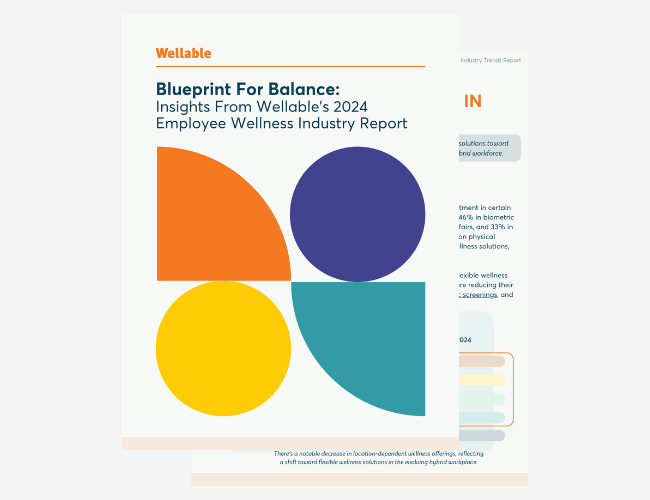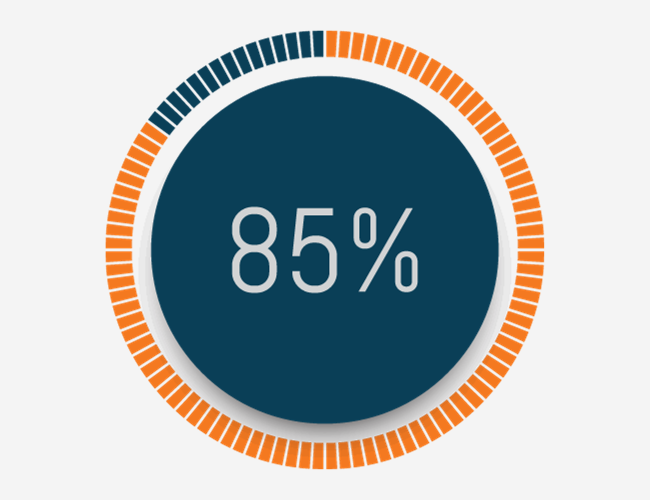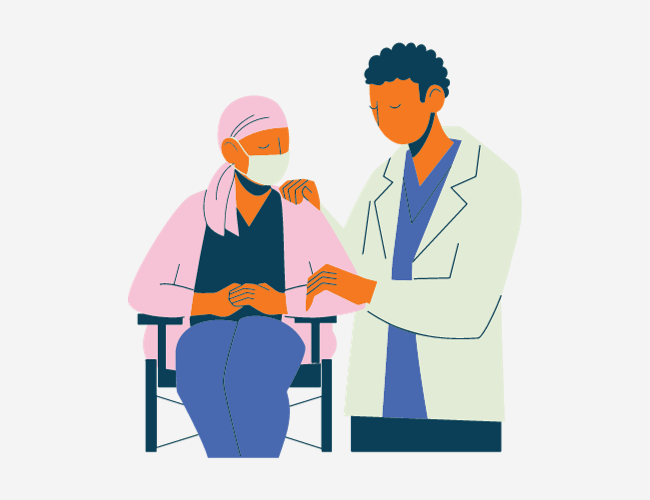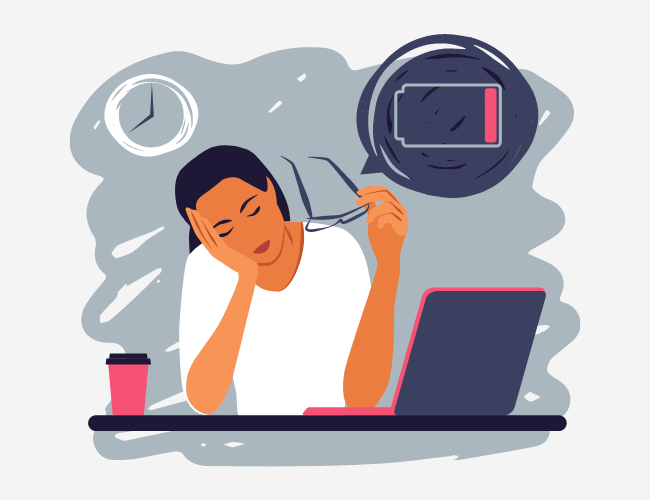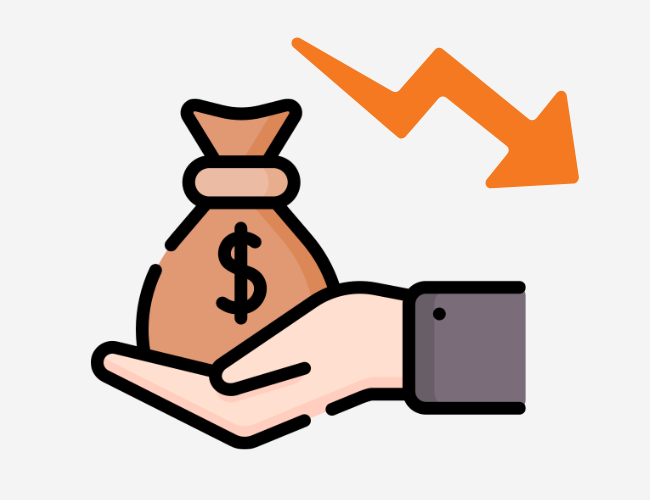A new report from the IMS Institute For Healthcare sheds light onto the state of affairs for the mHealth industry. Below are a few highlights that we thought were particularly interesting and our thoughts on what they mean for corporate wellness.
12% of health apps make up 90% of downloads
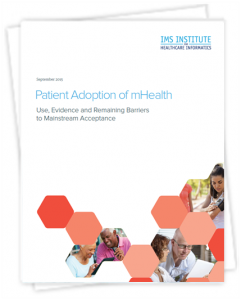
There are 165,000 apps from the iOS and Android app stores that claim a connection with healthcare. On paper, this sounds great, but in reality, IMS finds that most of them offer very limited value, which why a small subset of them comprise nearly all of the downloads. An alarming 40% of apps have fewer than 5,000 downloads! With so many sub-par apps available to consumers, it is critical for employers to make sure that the apps their employees are able to use in their program have been vetted and add value. Adding value goes beyond just clinical efficacy. Apps that are allowed on a corporate wellness platform need to be well designed to maximize engagement. A clinically effective app will add no value if employees quit using it because the experience is not good.
During the past two years the percentage of mHealth apps with the ability to connect to social networks has gone from 26% to 34%
This highlights one of the many reasons why we believe corporate wellness programs need to embrace consumer technologies. In order to get employees to sustainably engage, employers need more than rewards and incentives. One of these non-financial motivators is a support network. Most corporate wellness programs try to force the support network to be other employees, which doesn’t take into consideration what a specific employee wants. Some employees need their family or friends to be part of their support network. The ability to connect directly with popular social media sites helps facilitate the right support system for each employee.
30% higher retention rate for fitness apps recommended by a physician
Although physician recommendations of mobile health apps is still limited, IMS’s AppScript platform shows that physicians can have powerful effects on sustainable engagement. There may be a case for having a physician recommend apps to users.





